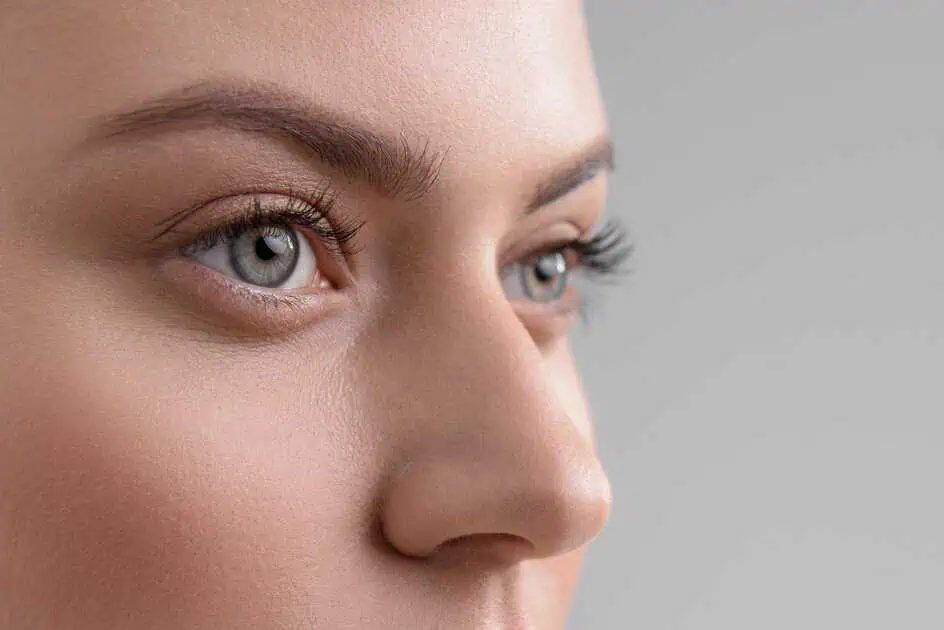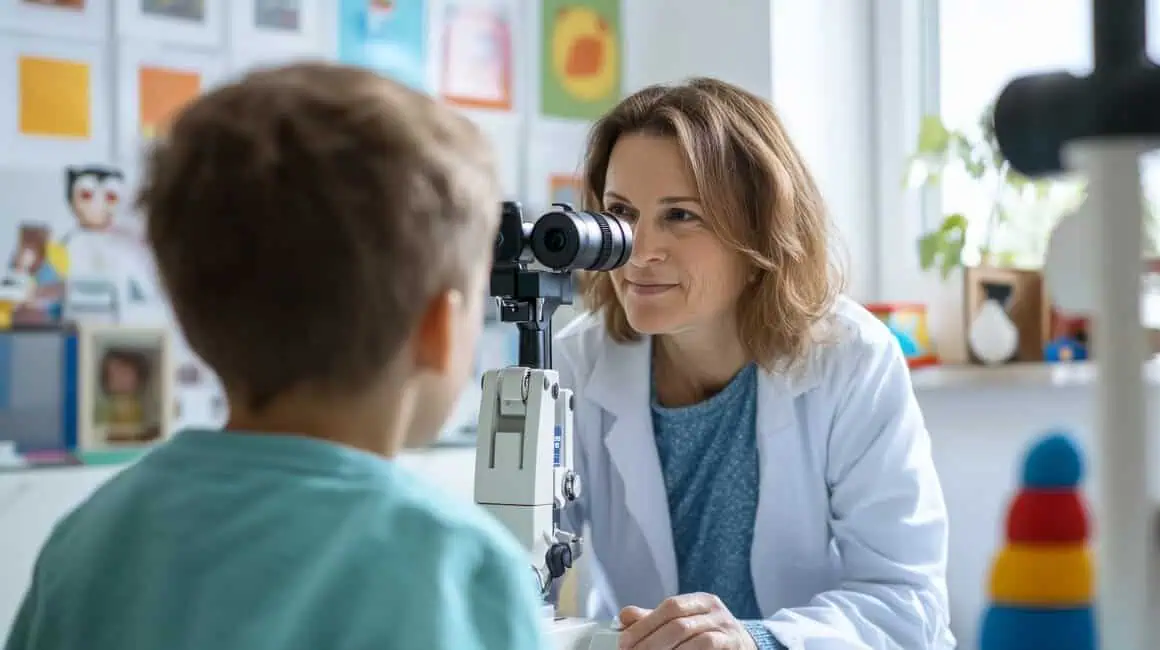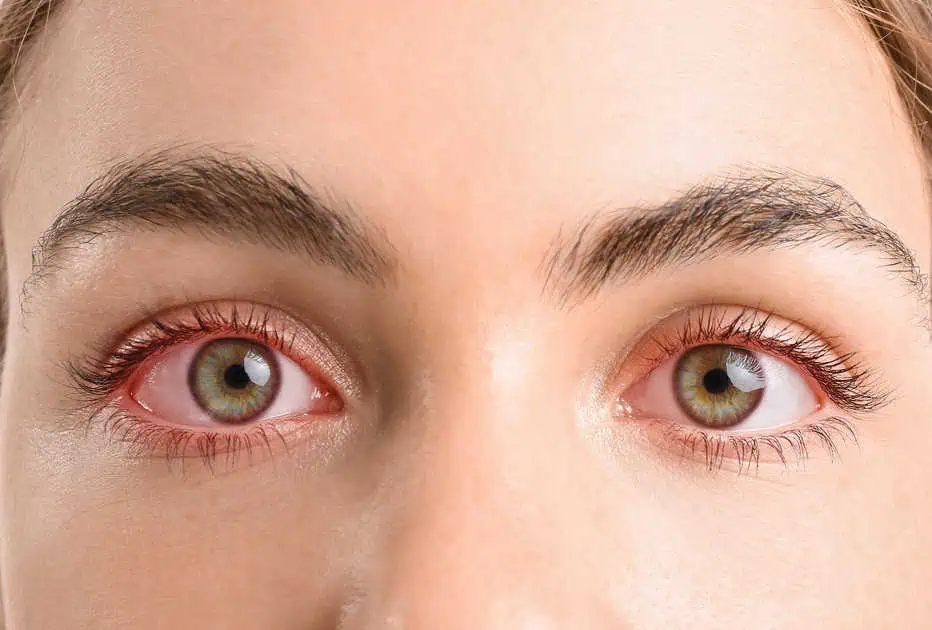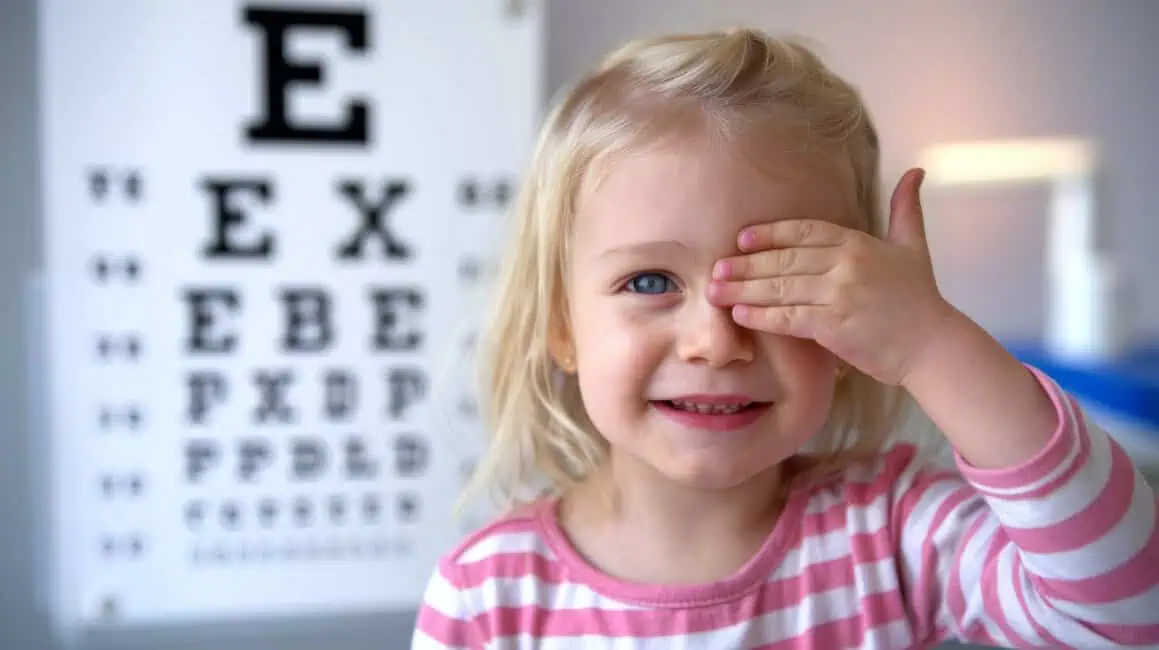Myopia, commonly known as nearsightedness, is a growing concern worldwide, especially among children and adolescents. This condition makes distant objects appear blurry while close objects remain clear.
With the increasing prevalence of myopia, understanding the science behind its management is crucial. Effective myopia management can prevent the progression of this condition and improve overall eye health. Here’s a look at the science behind the most effective strategies for managing myopia.
- Understanding Myopia
Myopia occurs when the eye grows too long from front to back or the cornea is too curved. This causes light entering the eye to focus in front of the retina instead of directly on it, resulting in blurry distance vision.
Genetic and environmental factors, such as prolonged close-up activities like reading or screen use, contribute to the development and progression of myopia. Understanding these underlying causes helps in formulating effective management strategies.
- Importance of Early Intervention
Early intervention is key to managing myopia effectively. The younger a child starts showing signs of myopia, the more critical it is to begin treatment promptly.
Early intervention can slow down the progression of myopia and reduce the risk of developing severe eye problems later in life, such as retinal detachment, glaucoma, and cataracts. Regular eye exams are essential for early detection and management of myopia.
- MiSight Contact Lenses
MiSight contact lenses are a revolutionary development in myopia management. These soft, daily disposable lenses are specifically designed for children with myopia. They use a special optical design that corrects nearsightedness while providing peripheral defocus to slow the eye’s elongation.
Clinical studies have shown that MiSight lenses can significantly reduce myopia progression in children. These lenses are safe, comfortable, and effective in managing myopia from an early age.
- Lifestyle and Environmental Changes
Lifestyle and environmental changes can also significantly contribute to managing myopia. Encouraging children to spend more time outdoors has been shown to reduce the risk of developing myopia.
Natural light and the opportunity to focus on distant objects benefit eye health. Limiting screen time and ensuring regular breaks during close-up activities can help manage and prevent myopia. Combined with clinical treatments, these changes provide a comprehensive approach to myopia management.
- Combination Therapies
Combining different myopia management strategies can enhance their effectiveness. For instance, using MiSight contact lenses with lifestyle changes such as increased outdoor time can provide better outcomes than using a single method alone.
Regular monitoring and adjustments by an eye care expert are essential to ensure that the chosen combination of therapies continues to be effective as the child grows.
- Role of Genetics in Myopia
Genetics plays a role in the form of myopia. If one or both parents are nearsighted, their children are most likely to have myopia as well. Genetic factors can create factors, including the shape and size of the eye, predisposing individuals to this condition.
Understanding the genetic component of myopia helps in early identification and management. Parents with myopia should be particularly vigilant about regular eye exams so their children can catch and address any signs of myopia early on.
- Advancements in Myopia Research
Ongoing research in myopia is continuously leading to new insights and treatments. Scientists are exploring various aspects of eye growth and development to understand myopia’s underlying causes better.
Advances in optical technology and pharmacology pave the way for ideal, personalized treatment options. Staying informed about modern research and developments can help you and your eye care provider make the best decisions for managing myopia.
- Nutritional Support for Eye Health
Proper diet (and/or nutrition) plays a vital role in keeping an eye healthy and potentially slowing myopia’s progression. Vitamins A, C, E, and omega-3 fatty acids are essential for good vision and overall eye health.
A diet rich in fruits, vegetables, fish, and nuts can provide these important nutrients. While diet alone cannot prevent or cure myopia, it supports overall eye health and complements other myopia management strategies.
- Importance of Regular Eye Exams
Regular eye exams are suitable for monitoring the progression of myopia and adjusting treatment plans as necessary. During these exams, eye care professionals can detect vision changes, assess the effectiveness of current treatments, and recommend adjustments.
Early detection of myopia allows for timely intervention, reducing the risk of complications. Monitoring regular eye exams at least once a year ensures that myopia management strategies remain effective and up-to-date.
- Parental Involvement in Myopia Management
Parents play an ideal role in monitoring their child’s myopia. Educating yourself about myopia and its management options empowers you to make informed decisions.
Encourage your child to adhere to treatment plans, whether wearing contact lenses eye drops, or making lifestyle changes. Providing a supportive environment and setting a good example with your care habits can also positively influence your child’s attitude towards managing their myopia.
- Psychological and Social Impact of Myopia
Myopia can affect more than just vision; it can also have psychological and social impacts. Children with significant myopia may feel self-conscious about wearing glasses or contact lenses, which can affect their self-esteem and social interactions.
Addressing these concerns is an important part of myopia management. Discussing the benefits of various treatment options and involving your child in decision-making can help them feel more comfortable and confident.
- Emerging Treatments and Future Directions
The future of myopia management looks promising, with several emerging treatments and technologies on the horizon. Researchers are exploring new pharmacological agents, advanced contact lens designs, and genetic therapies to address myopia more effectively.
Staying informed about these changes can help you take advantage of the latest advancements in myopia management. Working with a forward-thinking eye care provider who keeps abreast of these trends ensures you access cutting-edge treatments.
Key Takeaway
Effective myopia management involves a combination of early intervention, innovative treatments like MiSight and Ortho-K lenses, low-dose atropine eye drops, and lifestyle changes.
Understanding the science behind these strategies can help parents and caregivers make well-planned decisions about their children’s eye health.
Book an appointment with us at Rosley Eyecare to explore the best myopia management options for your child. Our experienced staff is dedicated to providing personalized care and effective solutions for managing myopia.






